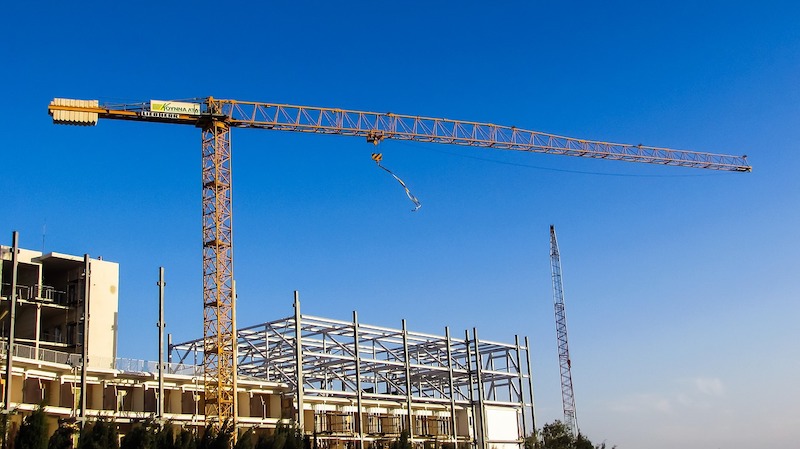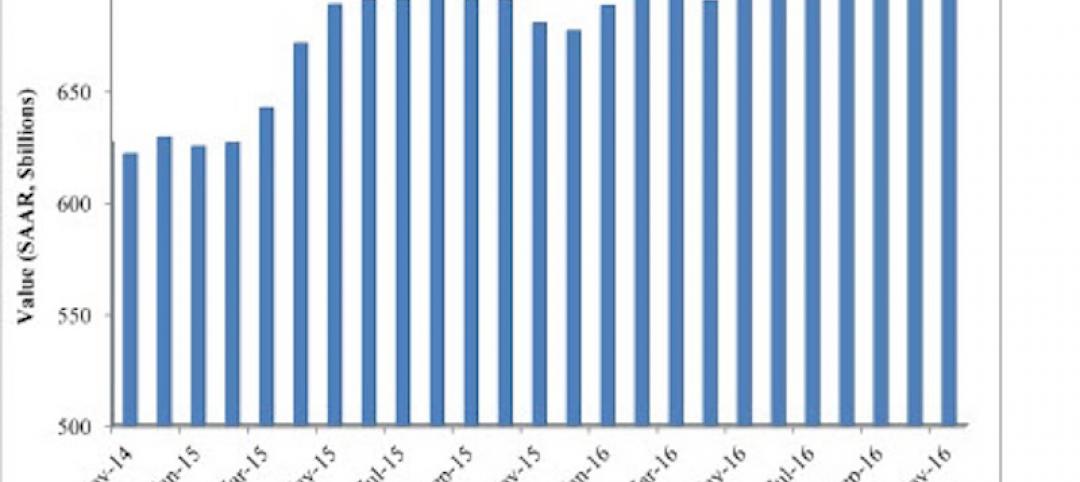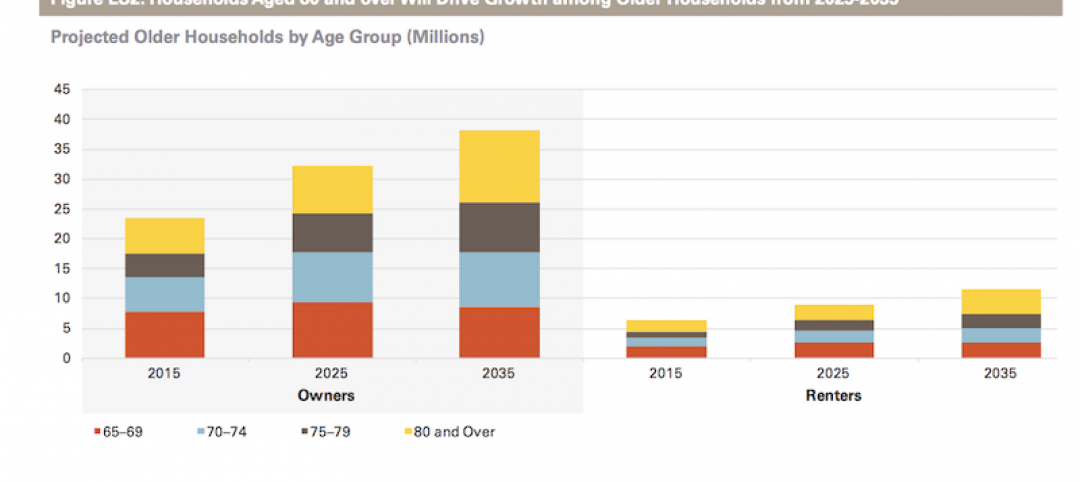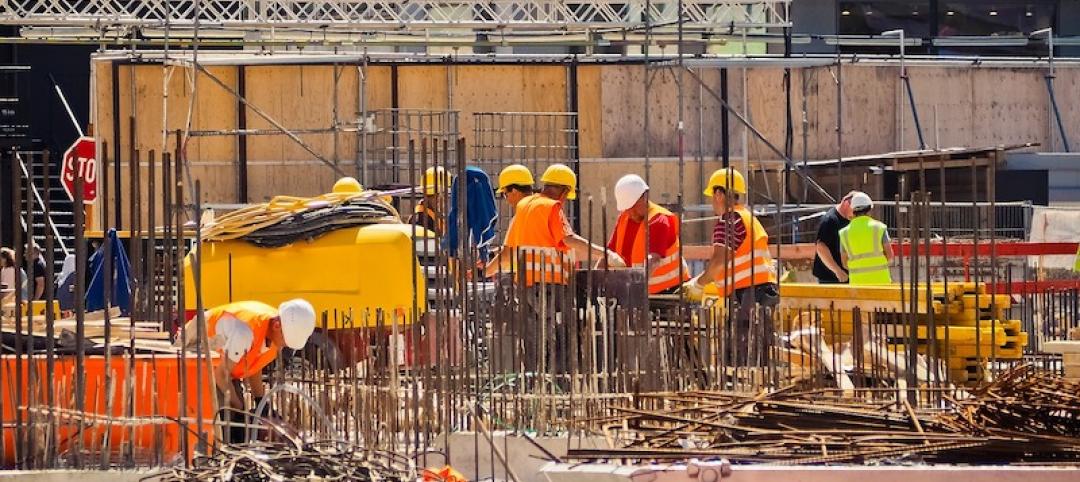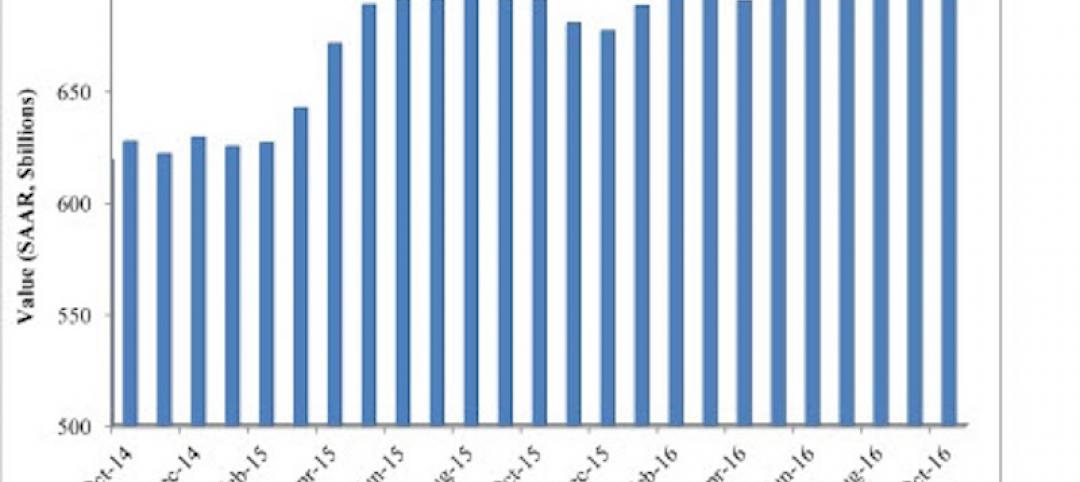Construction employment declined by 61,000 in February, while the sector’s unemployment rate soared to 9.6% amid severe winter weather and continuing weakness in new nonresidential projects, according to an analysis by the Associated General Contractors of America of government data released today. Association officials urged Congress and the Biden administration to focus on new infrastructure funding, address rising materials prices and avoid disruptive measures like the PRO Act to stem further construction job losses.
“The steep decline in construction employment in February continues a downward trend in nonresidential activity that began before the disruptions caused by last month’s freezes and power losses,” said Ken Simonson, the association’s chief economist. “Despite recovery in some parts of the economy, private nonresidential construction is still experiencing many canceled and postponed projects and few new starts.”
Construction employment slumped by 61,000 from January to February, the first overall decline since April 2020. Employment totaled 7,340,000, a decrease of 308,000 or 4.0% from the most recent peak in February 2020.
The job loss was concentrated in nonresidential construction, with a decline of 60,800 jobs in February, following a dip of 400 jobs in January. The February 2021 total was 316,000 jobs or 6.8% less than a year earlier. Only half the jobs lost in the first two months of the pandemic had been regained by February. In the latest month, nonresidential building contractors shed 3,300 jobs and nonresidential specialty trade contractors lost 5,500 workers, while heavy and civil engineering construction firms—the category most likely to be affected by winter storms—lost 20,800 employees.
Residential construction employment—comprising residential building and specialty trade contractors—inched down by 200 jobs in February. But the sector’s employment remained slightly higher than a year ago.
Unemployment in construction soared over the past 12 months. A total of 921,000 former construction workers were unemployed, up from 531,000 a year earlier and the highest for February since 2014. The industry’s unemployment rate in February was 9.6%, compared to 5.5% in February 2020.
Association officials urged members of Congress to work with the Biden administration to quickly pass needed new infrastructure investments. They also urged the president to take steps to address soaring construction materials prices, including for lumber and steel, by easing tariffs and exploring steps to boost domestic production. They added that Congress should drop plans to impose the PRO Act, which would harm workers and undermine the fragile economic recovery.
“Washington officials can’t change the weather, but they can help boost demand for infrastructure, address spiking steel and lumber prices and avoid anti-recovery measures like the PRO Act,” said Stephen E. Sandherr, the association’s chief executive officer. “Stripping workers of their privacy and denying them the absolute right to secret ballot elections, as the PRO Act does, won’t boost demand for construction or put more people to work.”
Related Stories
Market Data | Jan 18, 2017
Fraud and risk incidents on the rise for construction, engineering, and infrastructure businesses
Seven of the 10 executives in the sector surveyed in the report said their company fell victim to fraud in the past year.
Market Data | Jan 18, 2017
Architecture Billings Index ends year on positive note
Architecture firms close 2016 with the strongest performance of the year.
Market Data | Jan 12, 2017
73% of construction firms plan to expand their payrolls in 2017
However, many firms remain worried about the availability of qualified workers.
Market Data | Jan 9, 2017
Trump market impact prompts surge in optimism for U.S. engineering firm leaders
The boost in firm leader optimism extends across almost the entire engineering marketplace.
Market Data | Jan 5, 2017
Nonresidential spending thrives in strong November spending report
Many construction firms have reported that they remain busy but have become concerned that work could dry up in certain markets in 2017 or 2018, says Anirban Basu, ABC Chief Economist.
Market Data | Dec 21, 2016
Architecture Billings Index up slightly in November
New design contracts also return to positive levels, signifying future growth in construction activity.
Market Data | Dec 21, 2016
Will housing adjust to an aging population?
New Joint Center report projects 66% increase in senior heads of households by 2035.
Market Data | Dec 13, 2016
ABC predicts modest growth for 2017 nonresidential construction sector; warns of vulnerability for contractor
“The U.S. economy continues to expand amid a weak global economy and, despite risks to the construction industry, nonresidential spending should expand 3.5 percent in 2017,” says ABC Chief Economist Anirban Basu.
Market Data | Dec 2, 2016
Nonresidential construction spending gains momentum
Nonresidential spending is now 2.6 percent higher than at the same time one year ago.
Market Data | Nov 30, 2016
Marcum Commercial Construction Index reports industry outlook has shifted; more change expected
Overall nonresidential construction spending in September totaled $690.5 billion, down a slight 0.7 percent from a year earlier.


